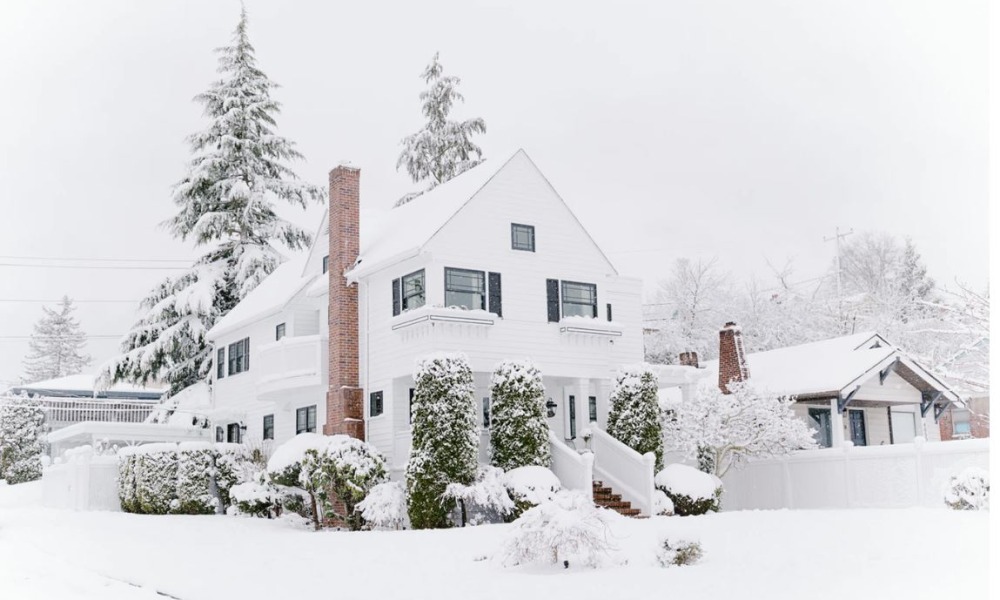Proper winterization is a part of responsible home ownership, but even the most prepared people can run into unexpected trouble in the winter. Sudden drops in temperature and snowstorms can lead to discomfort, frustration and expensive repairs in the spring.
To keep your home safe and cozy this winter and beyond, make sure that you pay close attention to these common problems.
Heat Loss
Your windows account for up to 50 percent of your home’s heat loss in the winter; losing heat means you have to run your HVAC unit longer, which raises your bills but doesn’t bring you any additional comfort indoors.
The best thing you can do to prevent this is to apply some thermal window films; insulation films keep heat inside where it belongs, preventing drafts and helping you save money even in the face of bone-chilling temperatures. You should also make sure to apply fresh weather-stripping around all your windows and doors to stop wind and cold from making it indoors.
Make sure that any exposed pipes, such as those under the sink or in the bathrooms or garage, are staying warm. Frozen pipes can burst, pouring water into your home and requiring water damage restoration. Not only will your furnishings, flooring, and belongings probably be damaged, but if left for long, damp spots can bring dangerous mold into your home.
HVAC Breakdowns
The last thing you want to experience in the dead of winter is a heater failure, but this is an all-too-common occurrence that technicians see every year. Many homeowners have their air conditioning tuned up before summer hits, but they fail to call back their local HVAC company for some winter prep.
Although your heating and air conditioning are combined in a central unit, the processes function differently and require attendance during their prime season. Make sure you don’t overlook this important service, but be sure to also invest in some heating alternatives in case a freak accident dose happen. Some options include:
- Heavy blankets.
- Thermal underwear.
- Heating pads.
- Hot bottles and electric blankets.
Broken Gutters
The weight of autumn leaves and heavy snow can cause gutters to collapse. Make sure that yours are professionally cleaned after the last leaves have fallen, and if you can, routinely clear yours out to manage the weight throughout the season.
Winter gutter maintenance should include regularly removing any dirt or debris and ensuring that the gutters are firmly attached to the house; downspouts and diverters should be angled properly so it does not flood your lawn or leak into your home.
Damaged Lawns
When snow melts, water can flood your lawn. Frost can destroy plants and grass if soil is untreated, and recovering from the damages can take months of hard work. The best way you can protect your lawns is to apply a winter fertilizer before the season arrives; October and November are the best months to plant spring bulbs, sprinkle grass seeds and prepare for the winter.
Tending to your home throughout autumn can ensure that it is prepared for whatever winter has in store. As a bonus, all the time you spend prepping now will give you plenty of leisure and peace of mind when the snow starts to fall so you can stay tucked away, cozy and warm indoors.

